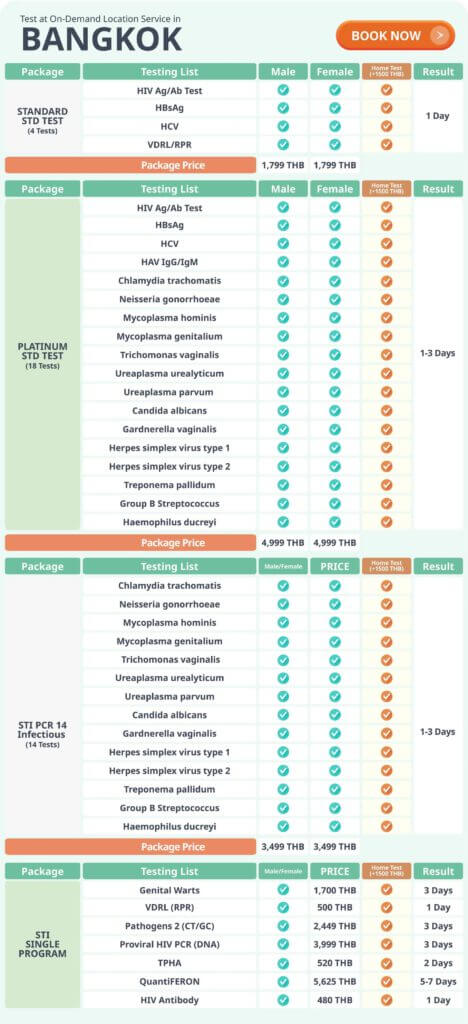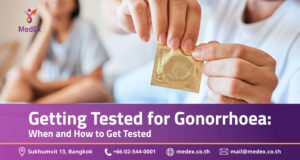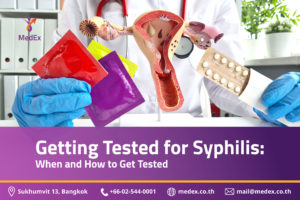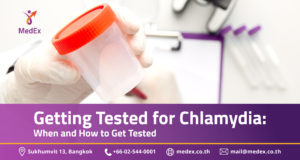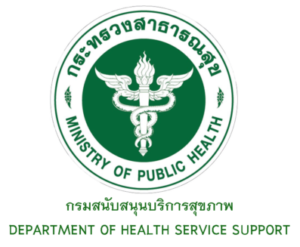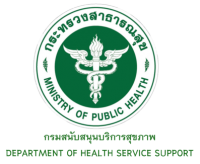© 2020-24 MedEx Ventures Co., Ltd.
- CATALOG
Specialist Tele Consultation
Talk to Specialists for Second Medical Opinions & Prescription
Thailand Visa Assistance
Hassle-free Thai Visa Support, especially for the Medical Travelers
Corporate On-Site Checkup
Clinician-Assisted Lab Draw at On-Demand Location Across Thailand
Specialist Tele Consultation
Talk to Specialists for Second Medical Opinions & Prescription
Thailand Visa Assistance
Hassle-free Thai Visa Support, especially for the Medical Travelers
Corporate On-Site Checkup
Clinician-Assisted Lab Draw at On-Demand Location Across Thailand
PROMOTION - Lab Tests
- 💘 S T D Tests
- PEP-P r E P
- Nurse at Home
- Talk to Doctor
- Insurance
- For Business
- Resources
0 - ฿0.00
- 0 items
- view cart





